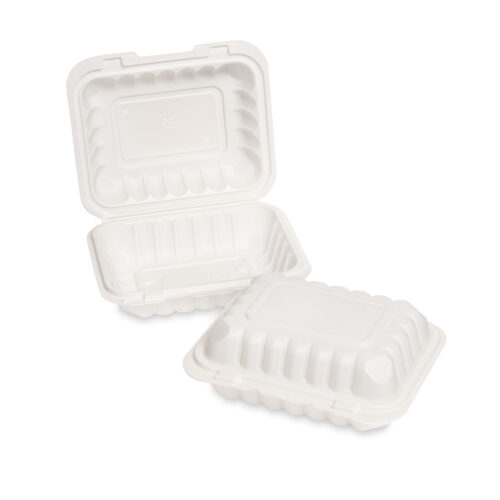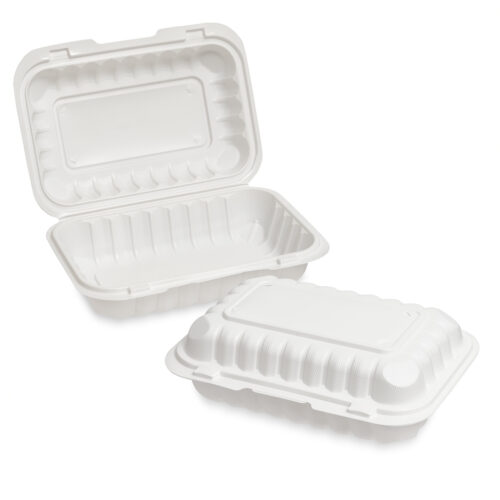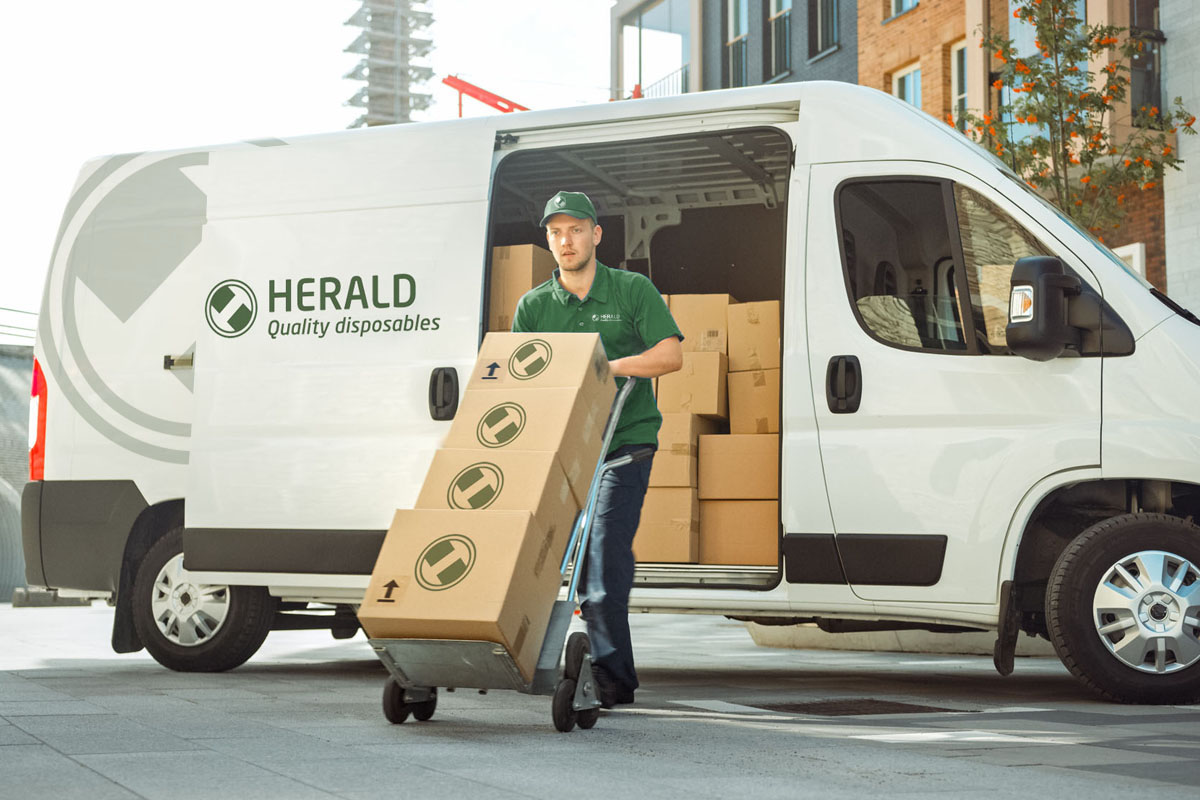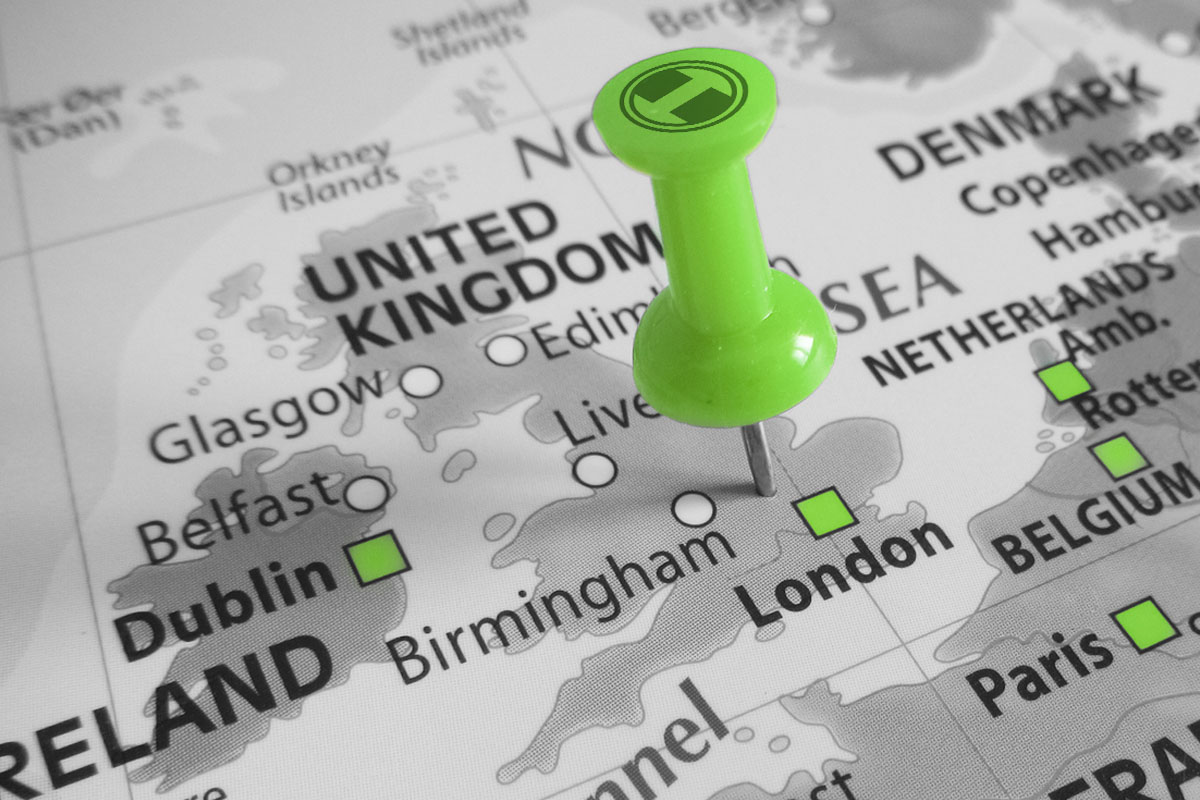Bio meal boxes help the environment by reducing the amount of plastic waste that ends up in landfills and oceans. They decompose naturally, reducing pollution and conserving resources. Their production often involves renewable resources, which lowers the carbon footprint compared to conventional packaging.
Bio Meal Boxes
Bio meal boxes are revolutionizing the food packaging industry by providing an eco-friendly alternative to traditional plastic and Styrofoam containers.
By utilizing renewable resources, bio meal boxes not only lower the carbon footprint but also support sustainable agricultural practices. Their compostability ensures that, after use, they can return valuable nutrients to the soil, fostering a circular economy and reducing the reliance on landfills.
Some of the questions we get asked the most
Bio meal boxes are typically made from biodegradable and compostable materials such as plant fibers (e.g., sugarcane bagasse, bamboo, wheat straw) and compostable plastics like polylactic acid (PLA) derived from corn starch or other plant-based materials.
Yes, bio meal boxes are safe for food storage. They are designed to be food-safe, ensuring that they do not release harmful chemicals into the food they contain. Many are also heat-resistant and suitable for hot foods.
While many bio meal boxes are compostable, they often require industrial composting facilities to break down effectively due to the specific conditions needed (such as high temperature and humidity). Home composting may be possible for some types, but it can take significantly longer.
Bio meal boxes can be more expensive than traditional plastic or Styrofoam packaging. The higher cost is due to the materials and manufacturing processes involved. However, the price is expected to decrease as production scales up and demand increases.
Bio meal boxes can be purchased from various suppliers online and in stores that specialize in eco-friendly products. They are increasingly available through wholesalers and retailers catering to the food service industry.
Yes, bio meal boxes are versatile and can be used for both hot and cold foods. They are designed to be heat-resistant and sturdy enough to handle various types of food without leaking or breaking down.
After use, bio meal boxes should be disposed of in composting bins if available. If industrial composting facilities are not accessible, they should be placed in the regular waste bin where they will decompose more quickly than traditional plastics, though not as efficiently as in a composting facility.
While bio meal boxes are primarily designed for composting, some may also be recyclable. However, this depends on local recycling capabilities and the specific materials used in the box. It’s best to check with local waste management services.
Yes, many bio meal boxes come with certifications that verify their compostability and eco-friendliness, such as the Biodegradable Products Institute (BPI) certification, ASTM D6400, or EN 13432 standards. These certifications ensure that the products meet specific environmental and safety criteria.






